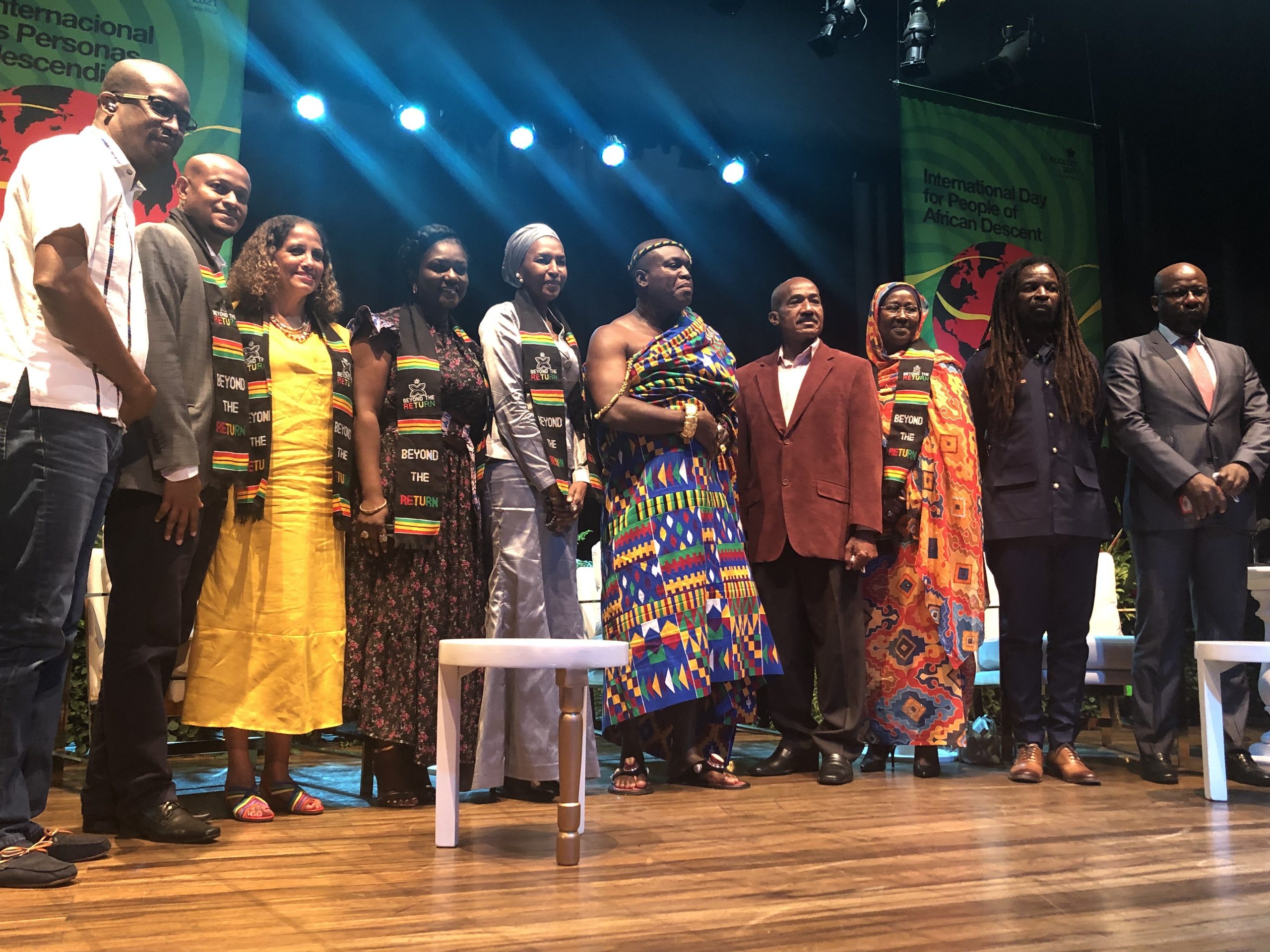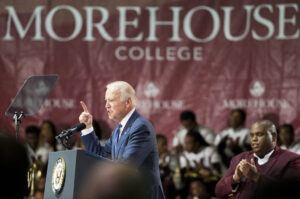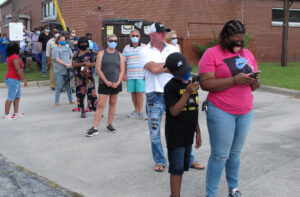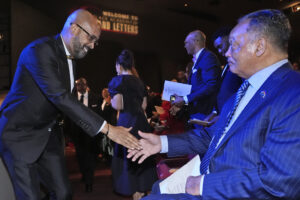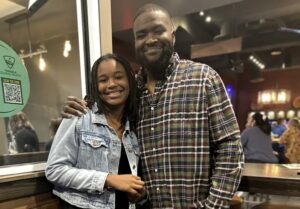By Sandra Dawson Long Weaver
Bringing the inaugural celebration of the United Nations International Day for People of African Descent to Costa Rica supplied the needed spark to officially launch it globally as a permanent part of international days celebrated by the UN.
Although approved by the United Nations General Assembly in 2014 at the launch of the International Decade for People of African Descent, none of the member countries had taken the lead to get the celebration off the ground. Until now.
Under the leadership of Vice President Epsy Campbell Barr, Costa Rica, a Central American country with a predominantly Spanish-speaking population of just over 5 million, set a high bar for how the celebration should be done.
“That’s because before I am involved in politics, I am an activist. I work a lot, involved in human rights and women’s rights,” Campbell Barr said. “When I began work in my party, I told them those two agendas would be part of my whole agenda in politics. As parliamentarian first, then told the (Costa Rica’s) President we need to reinforce the African agenda and also women’s rights.”
With dozens of speakers from Latin America, the Caribbean and Ghana, the four-day event that launched on August 31, the official day to celebrate the International Day for People of African Descent, proved to be a great success.
In an exclusive interview with NABJ, Campbell Barr said her country proposed to the General Assembly of the UN to host the the international day on Dec. 28 and it was approved that same day by all 52 members including the United States. “I think it’s our responsibility,” she said to make it happen. “I have he commitment of a lot of people in Latin America to push the celebration.”
“Because of my past, I know our struggles to make things happen. I feel we have to use more and in a better way the UN as a tool of our people,” she said. She said she thought of the work that Marcus Garvey did over a century ago and felt “we have to work and finish that work.”
Garvey authored the “Declaration of Rights of the Negro Peoples of the World,” which was ratified at the convention of the Universal Negro Improvement Association at Madison Square Garden in 1920.
Campbell Barr said nothing had been done in the last three or four years to push the agenda for people of African descent. “You need a country to lead those kinds of issues,” Campbell Barr said. “Is that enough for leaders of civil society? You need a government to use that kind of flex.” It can be a very difficult discussion in the UN because of the discussion around reparations, she added.
With the untimely death of George Floyd last year, “we had a new opportunity to push that international agenda.”
That changed things. “The government had to say something. You don’t just have Black people marching. You have white people involved. People all over the world,” Campbell Barr said. “We have an agreement in our Cabinet about Floyd and our commitment to fight racial discrimination.” Our President (Carlos Alvarado Quesada) made strong declaration against racism and that gave me “the opportunity to go faster in these issues.”
Despite all of the hard work and the attendance by about 1,000 people in person and through live streaming, not very many people know about the United Nations celebration. “We have to take more specific action,” Campbell Barr said.
“We have to make the information real for people. We have to let people know more about our fight. August 31 is our pretext to talk about Black people all over the world. We have to have more people saying in newspapers, on instagram, this news.” We need to be involved in this evolution of change, she said.
“Black journalists, not only in U.S., but all over the world, have the instruments to make possible that people have the information.”

